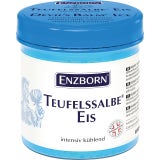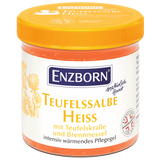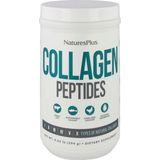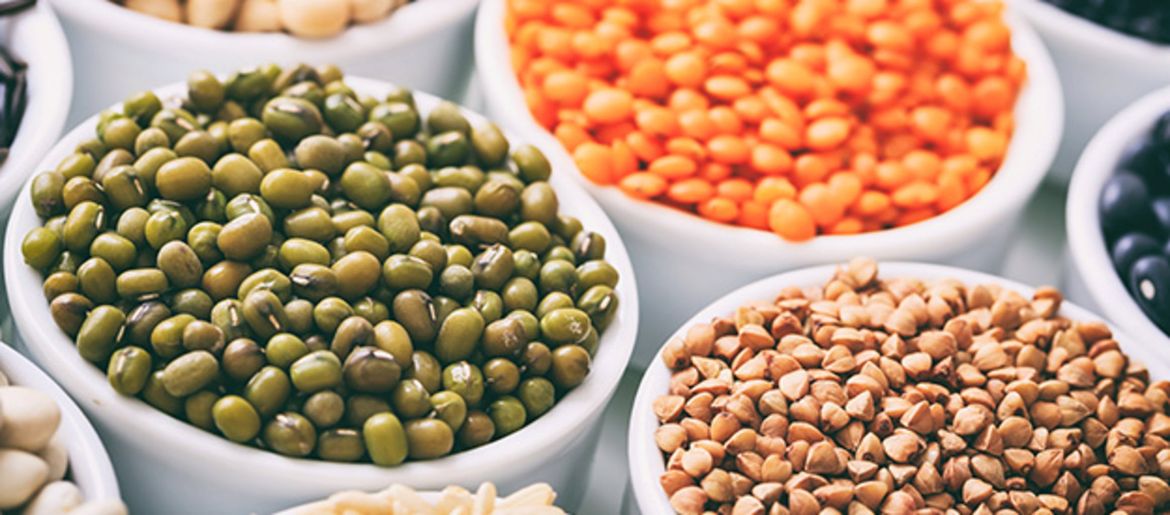6 Advantages of Plant-Based Proteins
Vegetable protein offers several advantages that animal proteins do not. Let's take a closer look!
Why Protein?
Without protein, the human body would cease to function. Proteins are the building blocks of life. Each cell consists of amino acids, which are the building blocks of protein. Protein supports energy levels, builds muscle mass and is important for the formation of enzymes and neurotransmitters. Protein is also considered one of the three macronutrients (in addition to fat and carbohydrates).
Protein isn't just important for the body, the type of protein the body needs is important. Vegetable proteins have some advantages that you should take a closer look at.
Benefits of Plant Proteins
Improved digestion
Vegetables, legumes, cereals, nuts and seeds contain many soluble and non-soluble fibres that naturally stimulate digestion. Soluble fibre ensures that we feel full after eating and unsoluble fibre assists with digestion.
Improved metabolism
The combination of fibre and protein in many plant foods means the body needs a while to digest whole foods. Vegetable protein is digested more slowly than fat or carbohydrates because of all the fibre it contains. The more work the body has to put into digestion, the more the metabolism is driven forward.
Cardiovascular health
People who eat little or no animal products tend to have lower cholesterol because they consume less saturated fat. With the exception of coconut and palm oil, plants contain only very small amounts of saturated fatty acids. In addition, plant sterols are good for heart health.
Less added hormones and antibiotics
Industrial farming these days tends to use antibiotics and hormones to ensure that the animals grow faster and do not get sick. In contrast, herbal foods are free of added hormones or antibiotics and contain vitamins, minerals, and antioxidants.
Good for the earth
Choosing vegetable protein sources rather than animal ones has a positive effect on the environment and the climate. Depending on the source, the production of one kilo of beef requires between four and sixteen kilograms of grain or soy. In addition, growing beef requires high water consumption of up to 15 litres per kilo, the emission of greenhouse gases and a need for space. If you do not feed the grain to the animals but eat it yourself, you are doing something much better for the climate and the environment.
Rich in minerals and vitamins
We've all heard it a hundred times, but it's worth repeating: plants provide the body with important nutrients, from vitamins to minerals, phytochemicals and antioxidants. If you want to stay healthy, you should eat mainly vegetables.
High-protein herbal foods
Now that we've looked at some of the benefits, let's list some high-protein herbal foods:
- Legumes: beans, edamame, peas, chickpeas, lentils, soy ...
- Whole grains: amaranth, buckwheat, spelt, millet, oats, quinoa, rice ...
- Nuts/Seeds: chia seeds, peanuts, hemp seeds, pumpkin seeds, almonds, pistachios, sesame seeds, sunflower seeds ...
Combine two of these three food groups per meal to makes sure that you get all 20 amino acids with every meal.
Latest reviews
-
 5.0 (1)
5.0 (1)ENZBORN Pretty Feet Cream, 75 ml
-6%- Cream-gel consistency
- With urea, hawthorn, jojoba oil & allantoin
- Absorbs quickly & does not stick
€ 5,51 € 5,89 (€ 73,47 / l)Delivery by April 18
-
 5.0 (4)
5.0 (4)ENZBORN Icy Devil's Salve, 200 ml
- Moisturizes
- Cooling & refreshing
- Can be used with insect bites
€ 8,09 (€ 40,45 / l)Delivery by April 18
-
 € 8,09 (€ 40,45 / l)
€ 8,09 (€ 40,45 / l)Delivery by April 18
-
 4.7 (3)
4.7 (3)NaturesPlus Collagen Peptides, 294 g
- 6 different types of collagen
- Sustainably obtained raw materials
- With an enzyme mixture
€ 38,99 (€ 132,62 / kg)Delivery by April 18

